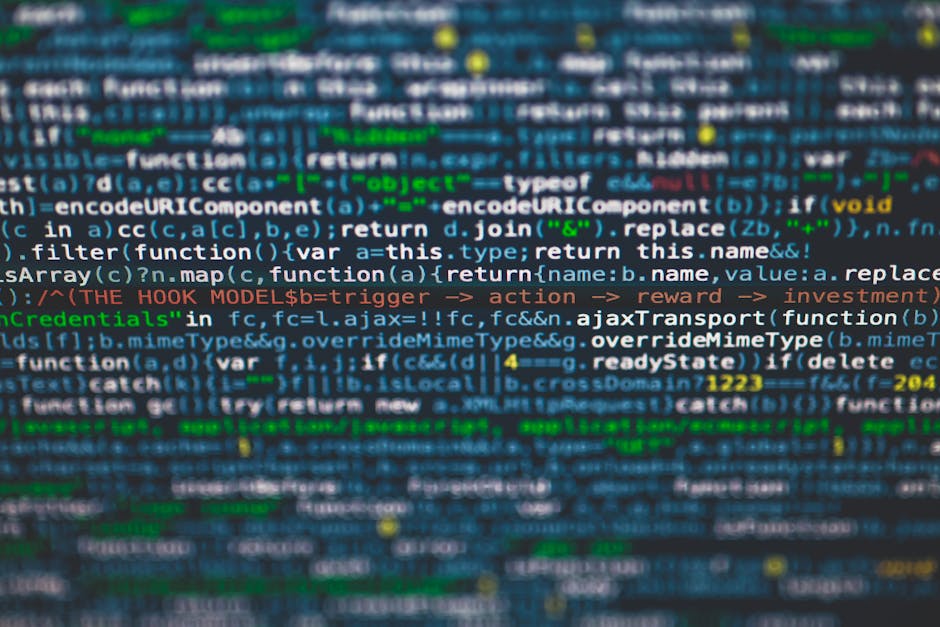
As a historian, one often looks to the past to understand the present, and indeed, to glimpse the future. The tumultuous era of Japan's Warring States, or Sengoku Jidai, was defined by ambitious daimyo, shifting alliances, and a relentless pursuit of power through innovation and strategic positioning. Today, we find ourselves witnessing a strikingly similar drama unfold in the realm of artificial intelligence – what many are now calling the "AI development Sengoku period." And just as a new, formidable alliance could once redraw the maps of feudal Japan, a recent development promises to fundamentally alter the power map of this modern technological battlefield: the monumental partnership agreement between OpenAI and Amazon, valued at approximately 6 trillion yen.
The Echoes of Sengoku: A Landscape of Shifting Alliances
Imagine the 16th century, Japan. Clans like the Oda, Tokugawa, and Takeda vied for supremacy, their territories constantly in flux. Victory wasn't solely about brute force; it was about resources, strategic fortresses, access to new technologies like firearms, and, crucially, the formation of robust alliances. A powerful daimyo, even one with innovative military tactics, could not conquer all without a vast network of support, supplies, and strategic depth.
Fast forward to our present "AI development Sengoku period." Here, the "clans" are the global tech giants and burgeoning AI startups. The "territories" are market share, user bases, and access to crucial resources. And the most vital resource? Compute power, vast datasets, and the brightest minds – the modern equivalent of fertile lands, impregnable castles, and elite samurai. Companies like Google, Microsoft, and Meta, alongside a host of innovative challengers, have been locked in a fierce, costly race to develop the most advanced artificial intelligence. This is a landscape where every strategic move, every investment, and every partnership has the potential to ripple across the entire industry.
The 約6兆円 Alliance: A Fortress of Compute and Innovation
In this high-stakes game, the recent approximately 6 trillion yen partnership agreement between OpenAI and Amazon is not merely a financial transaction; it is a declaration of strategic intent that reverberates through the digital realm. OpenAI, often seen as a trailblazing warlord with groundbreaking "weaponry" in the form of its advanced AI models, has consistently pushed the boundaries of what AI can achieve. However, developing and deploying such sophisticated models requires an astronomical amount of computational power and infrastructure – a modern-day logistical challenge akin to maintaining a vast army and its supply lines across feudal domains.
Enter Amazon. With its formidable Amazon Web Services (AWS), Amazon commands a sprawling network of data centers and cloud infrastructure, essentially providing the most robust "fortresses" and "supply depots" in the digital world. This partnership agreement means OpenAI gains unparalleled access to Amazon's immense computing resources, enabling it to accelerate the training and deployment of its next-generation AI models without the crushing burden of building and maintaining this infrastructure itself. It's like a brilliant general securing an inexhaustible supply chain and an impenetrable base from a powerful, wealthy ally. For Amazon, this alliance solidifies its position as a critical enabler in the AI race, potentially attracting more AI innovators to its cloud platform and gaining strategic insights into future AI advancements.
Reshaping the 勢力図: The Tremors of Change
What does this approximately 6 trillion yen partnership agreement mean for the power map of the "AI development Sengoku period"? The implications are profound:
- Intensified Competition: Rivals like Google, with its DeepMind division and Google Cloud, and Microsoft, which already has a deep partnership with OpenAI's competitor, will undoubtedly feel the increased pressure. This alliance forces every major player to re-evaluate their own strategic investments and potential collaborations. The battle for AI supremacy has just become even more intense, akin to two great daimyo forming a formidable coalition, compelling their adversaries to seek new counter-alliances.
- Acceleration of Innovation: With OpenAI's access to Amazon's vast resources, the pace of AI development is likely to accelerate further. This means more powerful models, new applications, and perhaps even unexpected breakthroughs will emerge at a quicker rate, benefiting humanity but also demanding more vigilance regarding ethical development.
- Consolidation of Power: Such massive alliances between AI innovators and infrastructure providers could lead to a further consolidation of power in the hands of a few dominant players. Smaller startups might find it increasingly difficult to compete without aligning themselves with one of these emerging super-clans, potentially leading to a new wave of acquisitions and mergers.
Just as the Oda-Tokugawa alliance fundamentally reshaped the course of Japanese history, this strategic move by OpenAI and Amazon marks a significant turning point in the "AI development Sengoku period." It’s a bold play that not only strengthens both entities but also sends a clear signal to the entire industry: the game of AI is escalating, and the landscape of power is undergoing a dramatic change.
Conclusion
The approximately 6 trillion yen partnership agreement between OpenAI and Amazon is more than just a business deal; it is a strategic maneuver that echoes the grand alliances and power struggles of bygone eras. In the "AI development Sengoku period," where innovation is the sword and compute power is the castle, this collaboration fundamentally alters the geopolitical landscape of artificial intelligence. As a historian, I can tell you that such dramatic shifts rarely lead to peace, but rather to a new, more intense phase of competition and evolution. The future of AI, much like the outcome of the Sengoku period, remains unwritten, but alliances of this magnitude are undeniably shaping its course, determining who will ultimately control the digital domains of tomorrow.
Comments
Post a Comment